https://steemit.com/game/@edicted/five-point-combat-white-paper
https://steemit.com/javascript/@edicted/block-paper-scissors
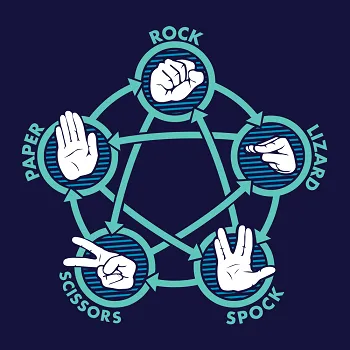
Clearly, I've had a long time to think about this. Those posts are a year old. Back in those days, I had no idea how to operate JavaScript or leverage the Steemit API. I've gone back to the project, and I'm making good progress.
Why is this exciting?
Well, I'm flushing out the details of a new proof-of-brain concept for Steem that is not founded on a tipping model. This means you can put in work on my project and force people to pay you if they want to use what you've made. I'm speaking of course, of the skins market.
Do you want to be OG Darius or Dunkmaster Darius?
This is the skin economy. Buying a skin doesn't change the fundamental mechanics of the game; they simply make you and your abilities look different on screen. The frontend changes but the backend is completely the same. This is why games like Drugwars and Nextcolony are doomed. Their inferior free-to-play pay-to-win business model is over a decade old. Both of these projects stepped in the wrong direction.
With blockchain, I will take the skins business model one giant leap forward.
If you want to buy Dunkmaster Darius, you have to purchase him from Riot Games. Only riot games can create, sell, and profit from skins. Using DLT it is a trivial process to create tokens that represent skins.
These little details make a big difference. When you spend $1000 on League of Legends skins (I know people who have) you can never get that money back. On a decentralized game you'd be able to resell these assets on the open market for market value. Some players will actually make money buying/trading skins in game.
Imagine a certain skin only has a limited supply of 1000 units. If it ends up being popular the market value will skyrocket.
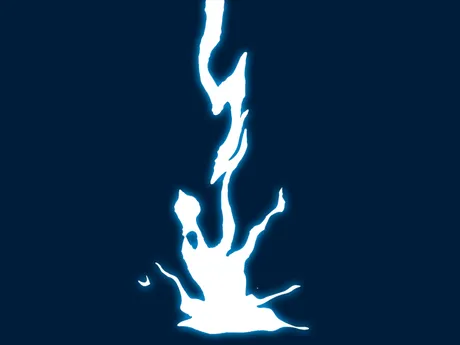
Decentralizing ownership
The most exciting thing about this process is decentralizing the ownership of a computer game and, in affect, decentralizing the entire process of development. All I have to do is develop a way for players to create their own skins, and those skins can be bought and sold on the open market. This adds a lot of value to the project, even if I personally can not capture all that value.
Each version of BlockPaperScissors will have five attacks. To create the bare minimum version of the game, a player would have to submit at least a picture for each attack and a label to go with it. From there other options would be what the player avatars look like and what it looks like when 2 attacks interact (15 different combinations). For example, a fire attack might get beaten by a water attack, and steam might be created to scorch the player that chose fire.
Also, when an avatar takes damage, does that effect always look the same or does it change based which attack was used. As you can see, the number of interactions starts to get out on control at a certain point.
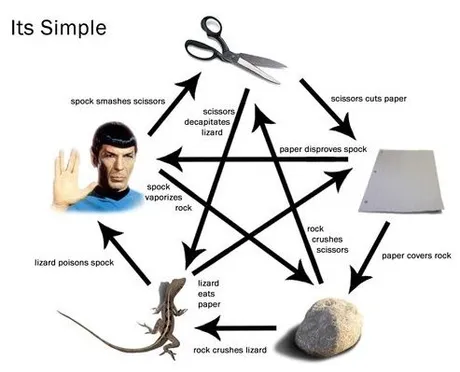
Content creators getting paid
Most likely still pictures will not be accepted. This will be a GIF game. Therefore, in order to create a version of the game that will be compatible and accepted into the program, one will have to create/import at least 5 GIFs for 5 different abilities.
All the code is open source, so someone could easily come along and hack it. However, like the Bitcoin network, we all come to consensus about who owns what. If someone hacks the game and creates their new fork where they own everything, no one will follow that fork.
This means that if you want your opponents to see certain graphics (as you can hack the game and see whatever you want on your screen) you'll have to actually buy the skins. You can't force your opponents to undermine and hack the game. Essentially, this is how all decentralized projects operate. The community agrees to follow certain rules and starts creating a network around those rules.
The rules for BPS will be simple: create new versions of the game (skins) and you own those skins. You can sell them on the open market in unlimited supply or you can chose a limited supply to capitalize on artificial scarcity. Simple.
This will allow users to create content on Steem without having to hope people who enjoyed the content will pay for it. If they want the content, they have to pay for it. Payment is forced.
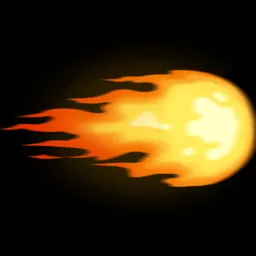
This lowers the barrier of content creation from programming (me) to GIF creators. Arguably this is even more niche than blogging, but even if I had just 10 people creating cool new versions of the game that would mean I've completely delegated that sector of the code and I no longer have to spend any time on it. This game will be a proof-of-concept for much better games to come. By decentralizing development we can create projects that scale quickly and cheaply.
Gambling is the hook
It isn't the skins that keep people playing. It isn't even necessarily the skins that even make people want the skins. This is meant to be a peer-to-peer gambling daptation of the game rock/paper/scissors. That is the draw: addictive gambling. Users will be able to bet 1 SBD on games, and I will raise the limits for certain accounts (regulars) accordingly.
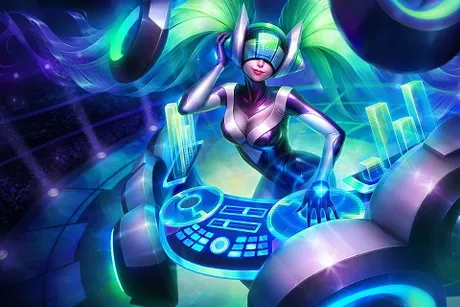
Going forward
I need to think of a way to decentralize decisions in the game. This will mean a governance coin that I control 100% of while figuring out who I can trust to help me steer the game in the right direction. Responsibilities would include approving which skins will be added to the network and which will not, and any other decisions involving the platform that need to be moderated by trustworthy officials.
Conclusion
When you can decentralize the ownership of a game, you in turn decentralize its development and give it the opportunity to scale with thousands of dedicated players helping you out. This project is meant to be a proof-of-concept of how games on the Steem blockchain should work and how they can scale on flat architecture.
I hesitate to even push the post button as I've been all talk and no delivery. This is what I'm working on though, and I use the political philosophy that Andreas Antonopoulos puts forth when defining decentralization. These are the concepts developers need to learn before they can truly progress this space. I hope to give these ideas a physical digital form that anyone can experience; ones that take the form of assets other than cryptocurrency.
Return from Business Model For BlockPaperScissors to edicted's Web3 Blog
